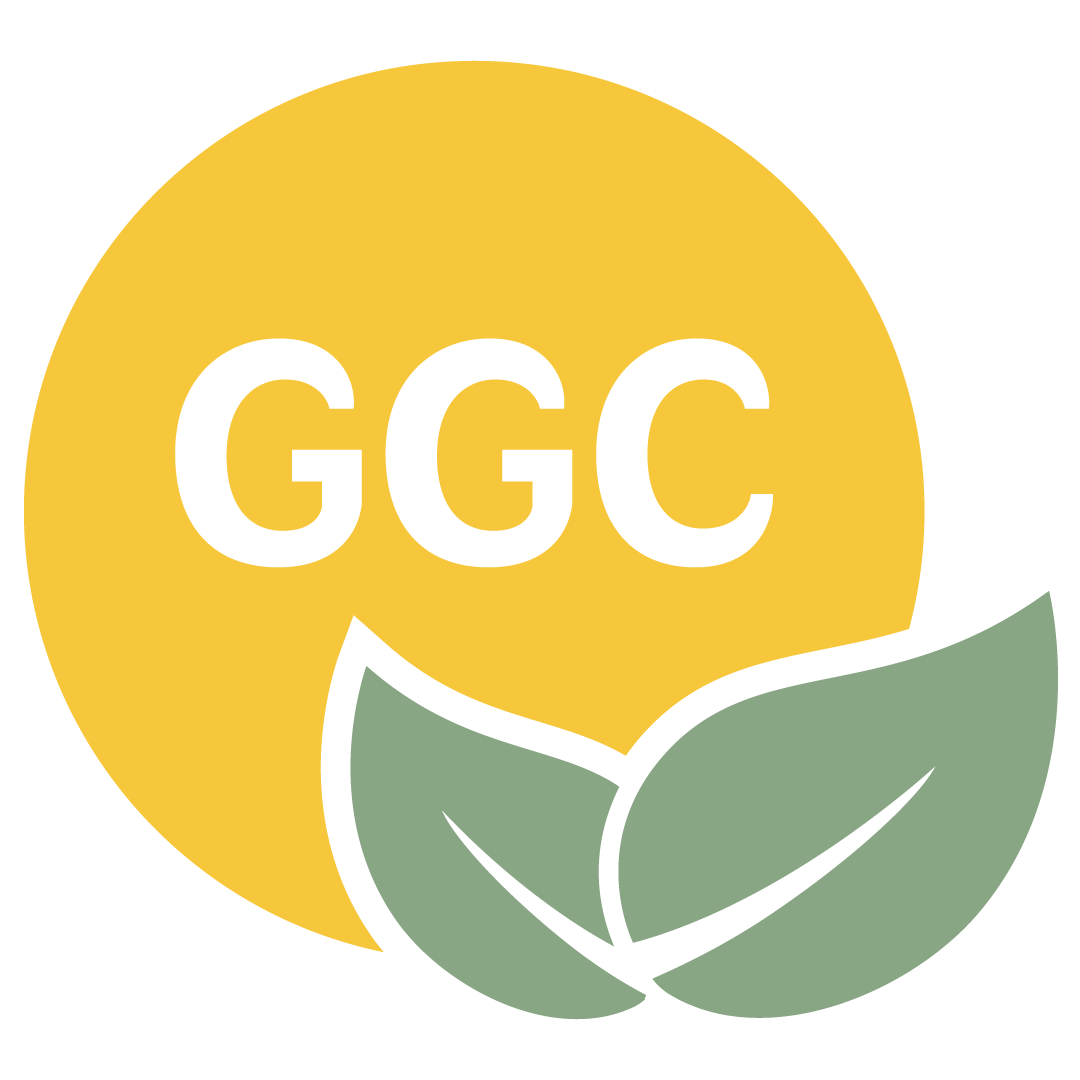Europe is committed to achieving climate neutrality by 2050, and transitioning to sustainable food systems is a crucial part of this goal. Recognizing that a significant portion of greenhouse gas emissions comes from the food system, Europe is implementing various programs and initiatives to support the green transition. One such initiative is the Growing Green Communities (GrowGreenCom) project, which aims to activate youth and develop urban approaches to promote plant-based lifestyles, shorter food supply chains, community gardening, and reduced food waste. By engaging local communities, institutions, and stakeholders, GrowGreenCom seeks to contribute to the EU’s green transition efforts and create a sustainable future.
The Urgent Need for Change
According to the EDGAR-FOOD report, approximately one-third of global and EU greenhouse gas emissions originate from the food system. This alarming statistic highlights the urgency of addressing the environmental impact of food production and consumption. The report reveals that about half of these emissions are attributed to CO2, primarily resulting from land-use changes and energy use, while methane (CH4) emissions account for one-third, largely stemming from livestock production and food waste. Additionally, within the EU, an estimated 88 million tonnes of food waste is generated annually, incurring costs amounting to 143 billion euros. Paradoxically, while substantial food waste persists, 33 million people in Europe struggle to afford a quality meal every other day.
The Role of Cities and the GrowGreenCom Project
Cities play a vital role in promoting sustainable practices, making them crucial targets for interventions in the food system. The GrowGreen.com project aims to develop empirical knowledge on how participatory, community-based interventions in cities can effectively reduce the environmental impact of food production and consumption. The project focuses on promoting a plant-based lifestyle, shorter food supply chains, and decreased food waste. By conducting research on urban household food consumption dynamics and participatory food interventions, the project aims to generate valuable insights for sustainable practices.
Objectives and Concrete Actions
The main objective of GrowGreenCom is to activate youth through co-developing learning and change strategies that promote sustainable food systems. The project aims to achieve the following concrete objectives:
1. Enhance understanding: Contribute to a better understanding of change pathways in urban household food production and consumption patterns by mapping and assessing participatory food intervention practices in selected communities.
2. Empower youth: Activate individual youth learners to support communities in initiating and developing urban gardening projects through the creation and testing of an inclusive Training Format.
3. Promote sustainable consumption: Encourage more sustainable, plant-based food consumption and shorter food supply chains by identifying effective ways to develop producer-consumer interactions, promote Community Supported Agriculture (CSA), and establish Alternative Food Networks (AFN) within expanding cities.
4. Contribute to the EU’s green transition: Provide practical findings to research on urban households’ food consumption dynamics, the role of young people, and participatory food interventions in cities. Create an open-source platform for knowledge sharing and exchange.
The GrowGreenCom project endeavors to empower youth as vital agents of change for sustainable food systems. By mapping food practices, developing training formats, creating handbooks, and establishing an online platform, the project aims to generate knowledge, activate local communities, and foster cross-sectorial collaboration. Through its actions and outcomes, GrowGreenCom aims to contribute to Europe’s green transition efforts, drive sustainable consumption, and pave the way for a more sustainable and equitable future.
-
Results:






